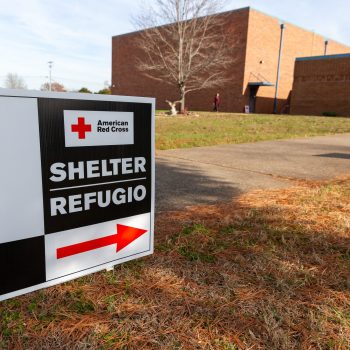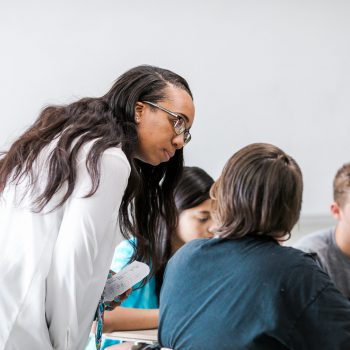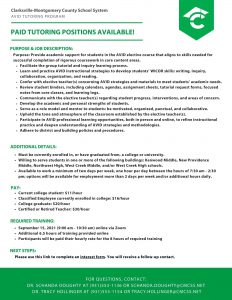The Northeast High School Multi-Agency Disaster Relief Center is closing at 2 p.m. on Monday, December 18. Donations that remain on-site will be distributed to local agencies and the coordinated Clarksville-Montgomery County warehouse space.
The Red Cross Shelter is moving from Northeast High School to Park Lane Church of the Nazarene at 225 Cunningham Lane at 2 p.m. on Monday, December 18. You can access the free Red Cross Emergency app or call 1-800-RED CROSS (800-733-2767) and select the disaster option for more information about resources from the Red Cross.
FEMA has moved to the Clarksville-Montgomery County Public Library at 350 Pageant Ln #501. Please call 1-800-621-3362 or visit www.disasterassistance.gov for more information.
World Central Kitchen and Macedonian Missionary Service will serve their last meals at Northeast High today. We appreciate both of these incredible partners for coming to Clarksville-Montgomery County to serve our community. For more information on World Central Kitchen, visit www.wck.org. For more information on Macedonian Missionary Service, visit www.macedonianms.org.
Since Saturday, December 9, over 500 CMCSS employee volunteers and numerous partners have been able to serve thousands of community members in need with tens of thousands of meals, donations, and services. As we close operations at Northeast High, numerous community agencies will continue to need your support over the coming days, weeks, and months. Please visit the City of Clarksville or Montgomery County Government websites and click the “Tornado Information” banners for more information on how you can support.
Thank you, Clarksville-Montgomery County, for showing the world the true meanings of community, empathy, love, and service!




